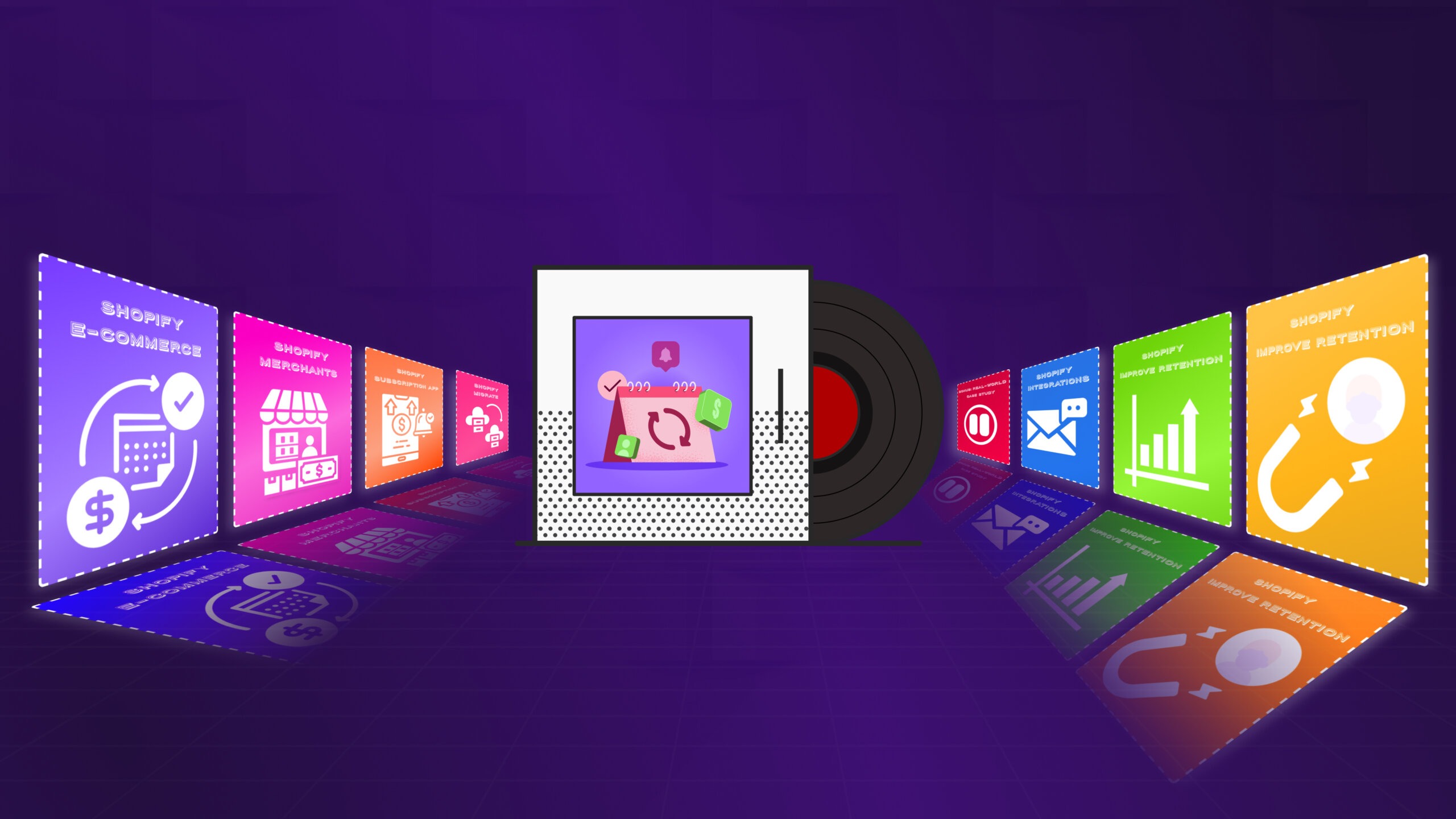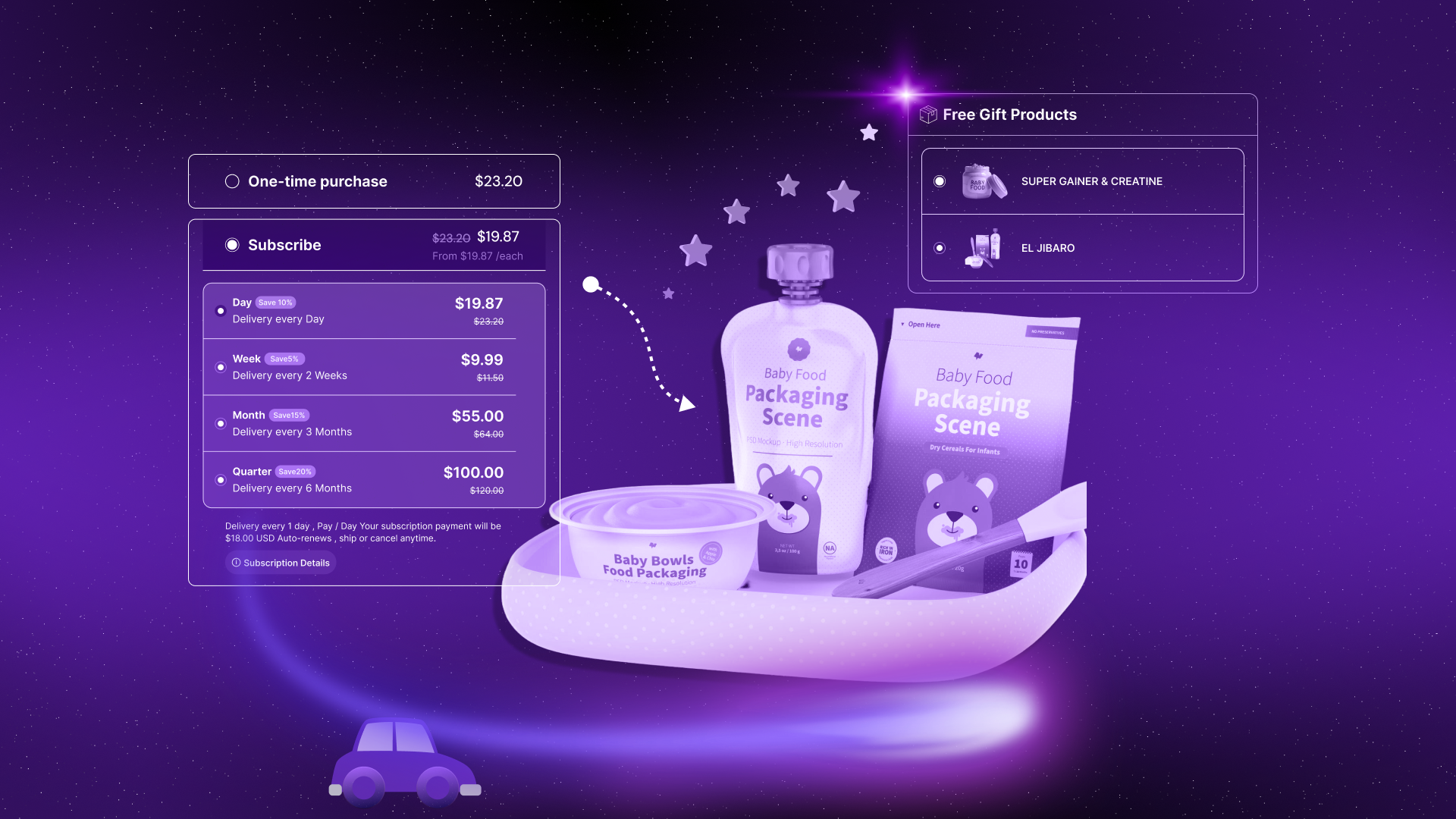
Exploring the Benefits of Opting for a Yearly Subscription
Published On: July 29, 2023 - 2 min read
In today’s fast-paced world, where online services and subscriptions have become an integral part of our lives, it’s essential to choose the right subscription plan that aligns with our needs and preferences. Subscription-based business models are gaining popularity due to their convenience and cost-effectiveness. In this article, we will delve into the benefits of opting for a yearly subscription and why it might be the ideal choice for you.
Understanding Yearly Subscriptions
A yearly subscription is a billing model that offers customers the option to pay for a service or product on an annual basis, rather than the conventional monthly payments. Many businesses and service providers offer yearly subscription plans as part of their pricing options to attract customers who prefer long-term commitments.
Stability in Pricing and Savings
One of the significant advantages of choosing a yearly subscription is the stability in pricing. By committing to a yearly plan, customers can avoid fluctuations in monthly fees, which often occur with monthly subscriptions. This stability allows for better financial planning, making it easier to budget for the subscription service.
Moreover, yearly subscriptions often come with cost savings. Service providers tend to offer discounted rates for customers who opt for a longer commitment. These savings can be substantial, making the yearly subscription a more cost-effective choice in the long run.
Uninterrupted Access and Convenience
When you subscribe to a service yearly, you ensure uninterrupted access to the product or service for the entire subscription period. Unlike monthly subscriptions that require regular renewals, yearly subscriptions grant you continuous access without the hassle of frequent payments.
The convenience of not having to worry about monthly renewals can be a time-saving benefit. It eliminates the need for manual renewals or the risk of unintentional lapses in the subscription, ensuring seamless access to the service.
Exclusive Offers and Bonuses
Yearly subscribers often receive special treatment from service providers. These exclusive offers can include additional features, access to premium content, or priority customer support. Businesses reward their loyal yearly subscribers as a way to show appreciation and encourage long-term commitment.
Flexibility and Customization
While yearly subscriptions are associated with long-term commitments, many providers offer a certain level of flexibility and customization. Customers may have the option to upgrade or downgrade their plans during the subscription period, depending on their changing needs. This adaptability ensures that the chosen service remains relevant and tailored to individual requirements.
Peace of Mind and Reduced Decision-Making
Opting for a yearly subscription can provide peace of mind to customers. By committing to a longer-term plan, subscribers can focus on utilizing the service without constant deliberation on whether to renew each month. This reduces decision fatigue and allows users to concentrate on maximizing the benefits of the subscription.
Conclusion
In conclusion, a yearly subscription offers a plethora of benefits, making it an attractive option for users who seek stability, cost savings, and convenience. The uninterrupted access, exclusive offers, and peace of mind it provides make it a valuable choice for those committed to long-term engagements with their preferred services.
Before finalizing a yearly subscription, it is essential to review the terms and conditions, as well as the specific advantages offered by each provider. By carefully considering your needs and comparing various options, you can make an informed decision that aligns perfectly with your requirements. Embrace the advantages of a yearly subscription and embark on a seamless and rewarding journey with your chosen service.


















